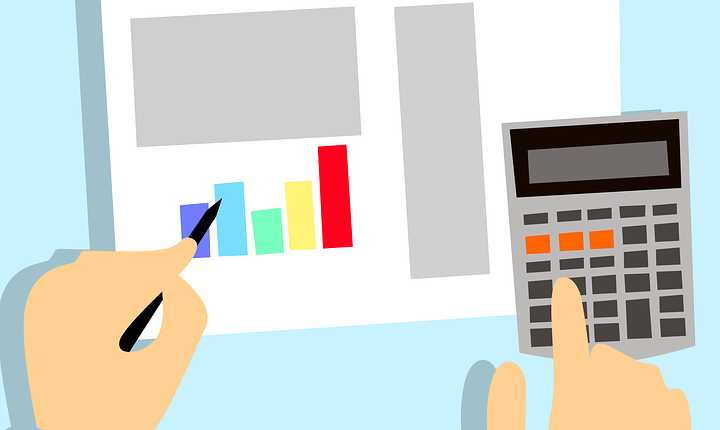India’s retail inflation eased to a more than two-year low of 4.25% in May on an annual basis as compared to 4.70% in April 2023, while the wholesale price index (WPI) continues to stay in the deflation zone as it stood at 3.48% in May.
So, what exactly is inflation as well as deflation, and its overall effect on the economy? Inflation is a scenario in an economy where prices of goods and services witness a rise while the purchasing power of citizens dips.
At the same time, there is a downward slip in the general price level of goods and services in case of deflation. Consequently, this leads to a rise in purchasing powers of citizens.
The wholesale price index (WPI) and consumer price index (CPI) are commonly used to measure inflation. As the name suggests, WPI highlights any changes in the prices of goods and services at the wholesale level, while CPI is a price index that depicts the changes in the prices of goods and services at the retail level with reference to a base year, which is used as a benchmark.
The reason for the rise in inflation could be related to various macro factors in the economy, which could be a rise in a country’s debt, spike in interest rates, rise in purchasing power of citizens as well as excess money supply that is known to influence the value of a particular currency.
Similarly, deflation could be attributed to economic factors such as a decrease in demand for goods and services, a dip in general product costs, a rise in interest rates, etc.
Unlike deflation which tends to influence the national income, inflation is known to have no such effect.
While moderate inflation is a normal thing, deflation is known to hurt the economy and leads to a rise in unemployment.
An individual can hedge against inflation as well as deflation through investment in balanced funds and diversification of portfolio. One can also consider buying adequate insurance policies related to life or health.

Rajiv is an independent editorial consultant for the last decade. Prior to this, he worked as a full-time journalist associated with various prominent print media houses. In his spare time, he loves to paint on canvas.





